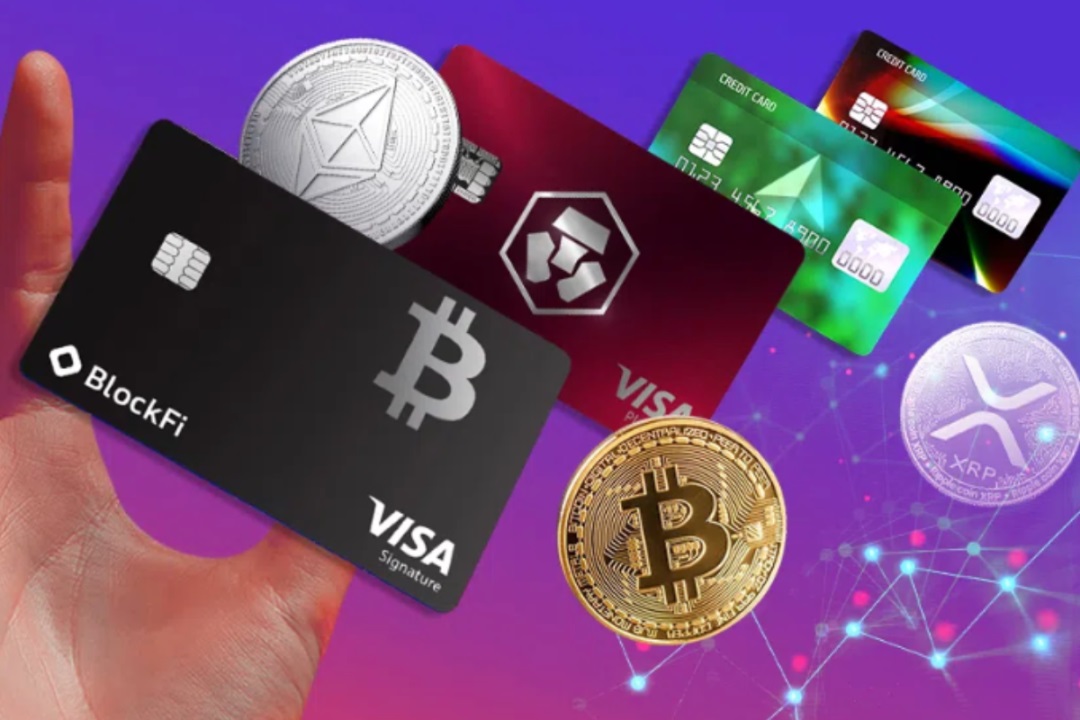The world of finance and banking has remained relatively unchanged for decades, but the rapid emergence of decentralized finance (DeFi) is poised to profoundly disrupt the status quo. At the forefront of this coming payments revolution are DeFi debit cards that blend the functionality of traditional banking with the numerous benefits of decentralized networks.
DeFi debit cards allow users to seamlessly spend cryptocurrencies in everyday transactions. They function similarly to traditional debit cards but instead draw funds from a supporting crypto wallet rather than a bank account. To make this possible, DeFi debit cards convert crypto holdings to fiat currency “on the fly” at the point of sale. This provides flexibility to pay with cryptocurrency while allowing merchants to receive settled transactions in the currency they understand. Leading DeFi cards also provide cashback rewards paid out in cryptocurrency, allowing users to accumulate assets as they spend. Rewards often range from 1-5% back per transaction and quickly compound for frequent users.
Decentralization improves programmability
Legacy debit and credit networks rely on antiquated infrastructure that can’t support extensive programmability and automation. In contrast, DeFi debit cards leverage decentralized networks capable of robust functionality through smart contracts. This flexibility allows developers to rapidly innovate consumer-friendly features on DeFi debit cards. Users benefit through earning opportunities, discounted foreign exchange rates, cashback paid in crypto assets, and integrations with Web3 services. As decentralized infrastructure improves, DeFi debit cards have the potential for even greater extensibility than legacy networks thanks to cryptographic transparency and trustless computation.
Mainstream adoption of cryptocurrency
Despite surging interest in cryptocurrency from both retail and institutional participants, real-world spending use cases remain limited. DeFi debit cards help bridge this gap by allowing crypto holders to tap into their assets for everyday transactions. In addition, earning rewards in cryptocurrency is an easy way to help new users understand digital assets. This helps form positive early perceptions of crypto and DeFi as users directly benefit through discounted exchange rates, cashback bonuses, and other perks. Not only do DeFi debit cards support further cryptocurrency adoption, but they also serve to make engagement more active. Users are incentivized to research Retik Finance rewards programs, maximize earning potential, and monitor expenses across supported merchant networks.
Faster, cheaper, global transactions
Swiping a Visa or Mastercard debit card to purchase goods is convenient but comes with noticeable downsides. Transaction fees quickly accumulate while foreign transactions trigger expensive currency conversion rates. There are also limits on payment speed with typical settlement times ranging from 1-3 business days. In comparison, DeFi debit transactions leverage decentralized networks capable of faster finality, lower fees, and mid-market exchange rates. These technical advantages translate into direct consumer benefits. DeFi debit offers users reduced costs, quicker settlement across borders and currencies, and competitive rewards programs. As legacy networks continue dragging their heels on meaningful upgrades, decentralized infrastructure assures DeFi debit cards have room for even greater improvements as adoption accelerates.




